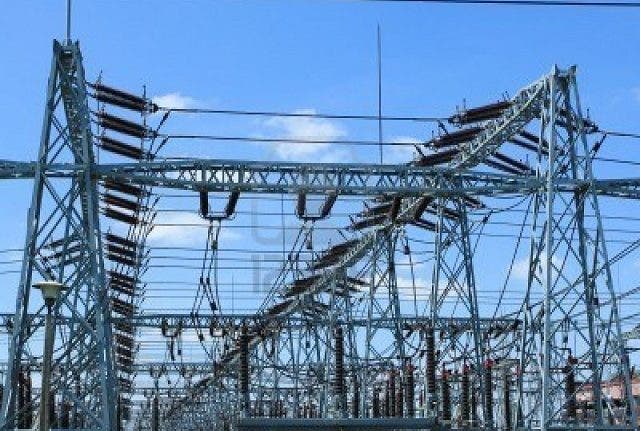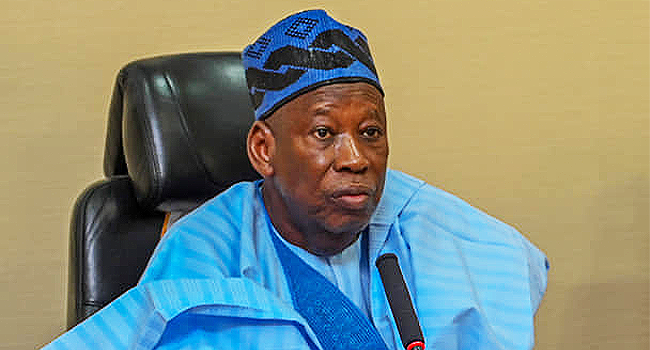The unveiled Ibadan City Masterplan also aimed to plan for the next 20 years, For purposes of physical development as well as flood prevention, Oyo State government says it will, next month.
The state adds that it is its vision that, by 2036, Ibadan will be a model, sustainable and resilient city where development addresses the population’s needs with thriving employment and good quality life for all.
Mr. Waheed Gbadamosi, the special adviser of the special adviser to Governor Abiola Ajimobi on Physical Planning and Urban Development, at a press conference on the development of the City Masterplan in Ibadan, the state capital.
“The objective of the Masterplan is to prevent flooding and mitigate its impact on settlements; it is also to protect, manage and enhance the natural environment to improve connectivity and integrate with the emerging transport developments and to promote the city’s economy, attract investment and meet the social needs and requirements of the existing and future population”, Gbadamosi said.
“this is also aimed to provide adequate utility infrastructure for the existing and future population; to protect and promote the culture and heritage of the city; to enhance the quality of life for all and to provide a sound planning framework for efficient delivery and implementation”.
According to him, the spatial vision of the Masterplan is also underpinned by a set of principles which has informed all stages of the planned development and implementation, adding that the principles framing the vision are the sustainable city, connected city, cultural city, resilient city, green city and the enterprising city.
The state government hopes that the development of the Masterplan will provide direction for future expansion and identify key development opportunities, noting that “the Masterplan is to guide growth and support development and not urban renewal. So, there won’t be any form of demolition. It is not a document that promotes or recommends demolition.”
Gbadamosi, who was supported at the Press Conference by the Commissioner for Information, Culture and Tourism, Toye Arulogun and Special Adviser to the Governor of Communication and Strategy, Yomi Layinka, said that the traditional architecture and cultural landscape of the city will still be maintained.
“We are not going to tamper with the traditional homesteads and cultural landscape that typifies and beautifies the city. There won’t be demolition and we will stick with that”, he assured.
Gbadamosi added that the state government set up the Ibadan Urban Flood Management Project (IUFMP) with the assistance of the World Bank (WB) to prepare a master plan for Ibadan to ensure coordinated physical growth, improved socio-economic development, noting that the existing structures make the city of Ibadan vulnerable to natural disasters such as flooding as witnessed on August 26, 2011, in which many lives and properties were lost.
He explained that “the resultant effects of this lack of robust planning are manifested in the existing poor roads and drainage networks; in challenges of inaccessibility and in mismatched land uses. Other effects of the absence of a master plan are the existence of slums and urban squalor, inadequate provision of social amenities and facilities like potable water, electricity, schools, health facilities and poor solid waste management.”
He assured that the present administration in the state will institutionalize the Masterplan to ensure that coming administration’s key into it, adding that the master plan will go to the state House of Assembly for proper legislation and, once it becomes a law, every administration will follow suit.












